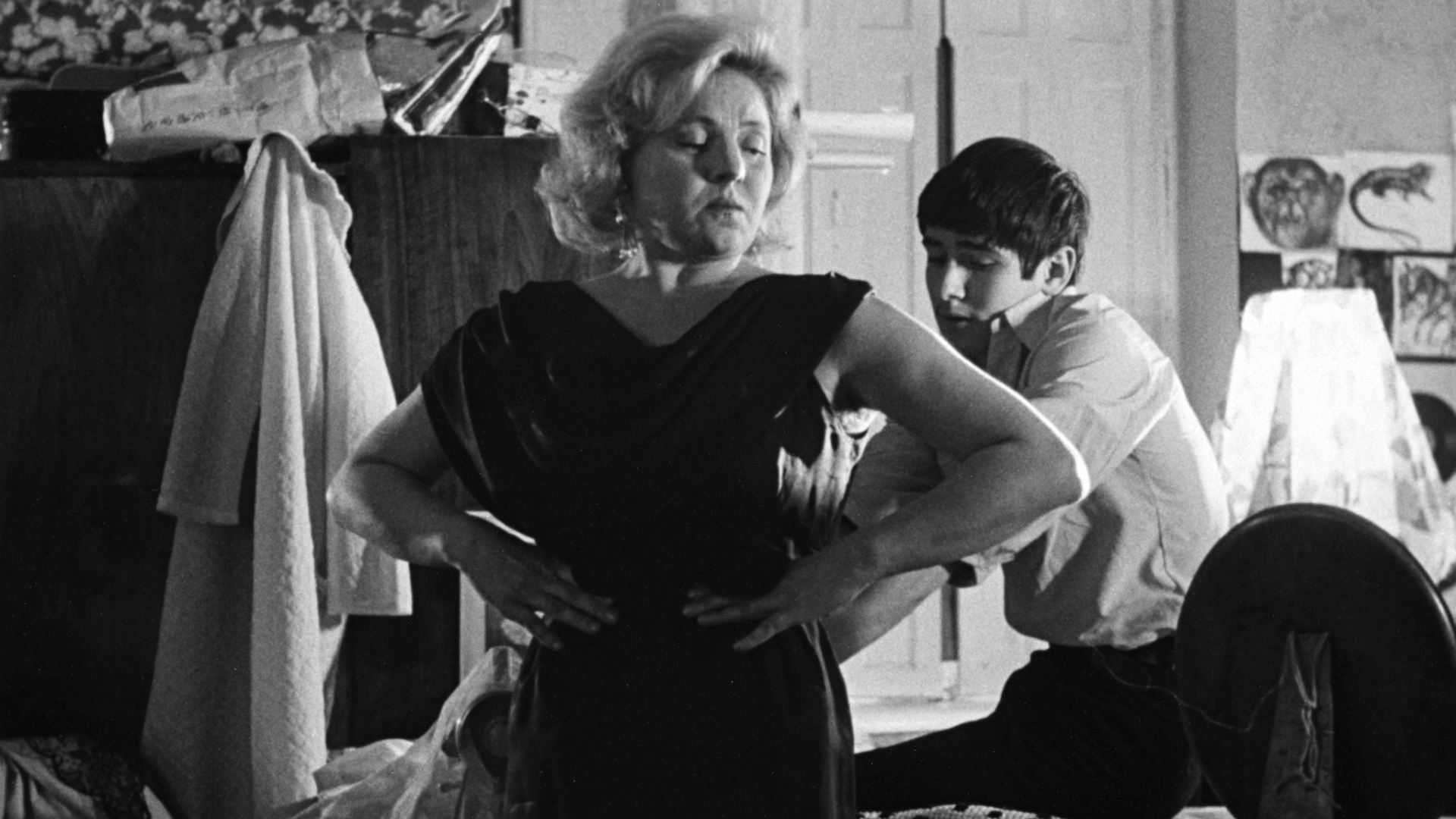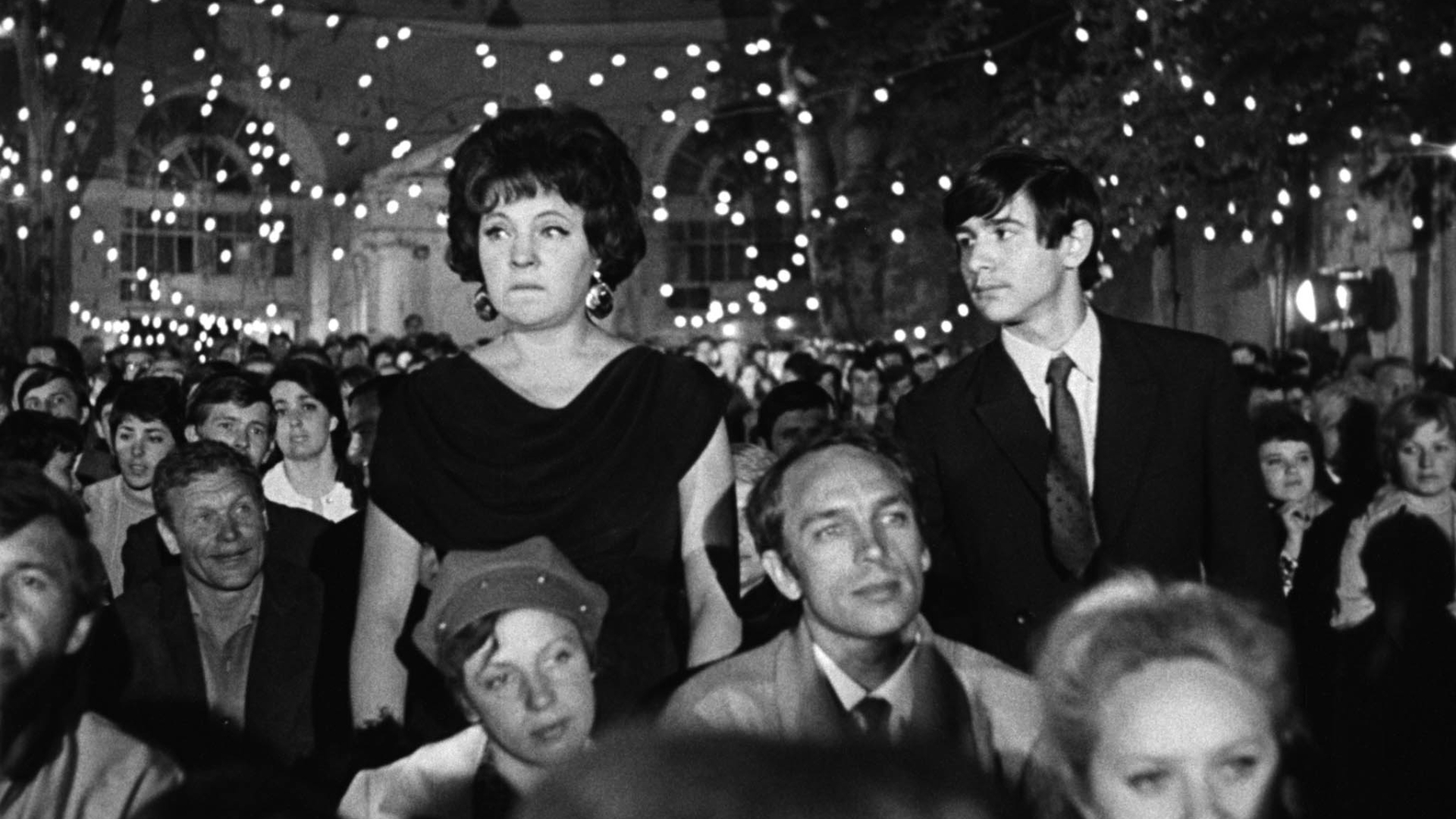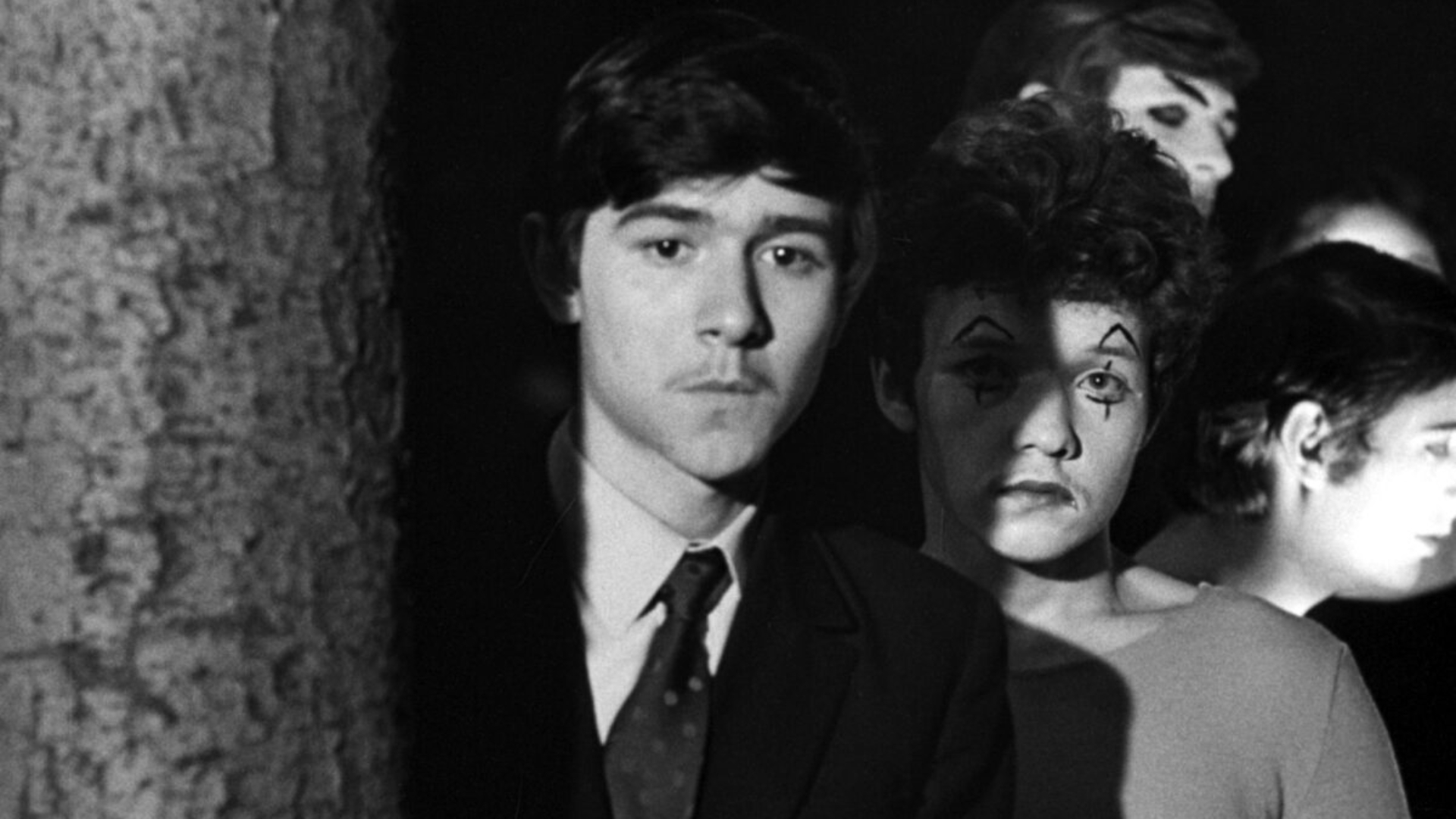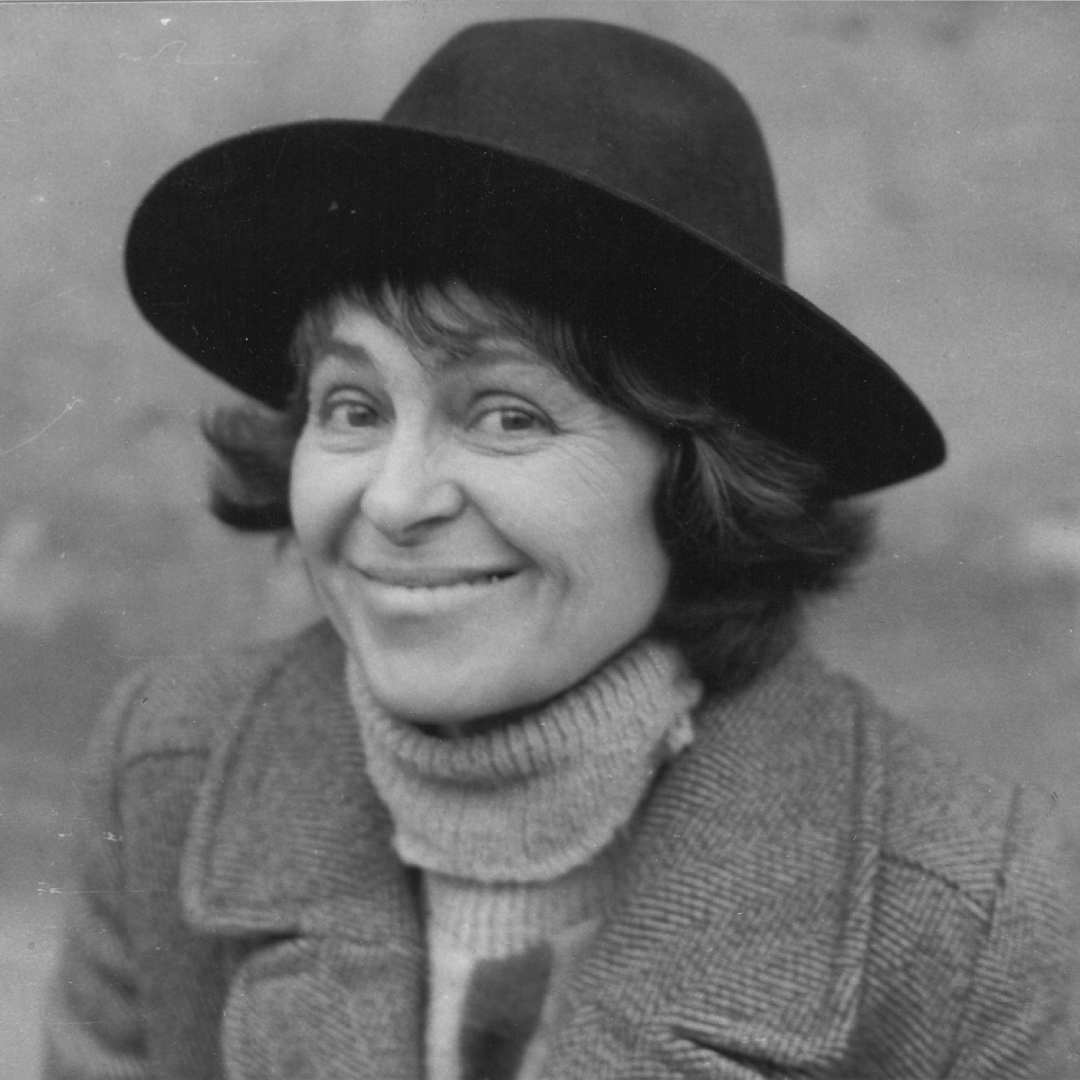





Kira Muratova (1934–2018), one of the most significant and original voices of Soviet and Ukrainian cinema, has been remembered as a fearless filmmaker who dares to poke at open wounds of history and humanity. Of all the (post-)Soviet auteurs, Kira Muratova was arguably the most variable, controversial and sardonic. Right from the start of Muratova’s career as a director in 1961, she was an irritant to the regime. Her idiosyncratic films, frequently featuring unconventional women protagonists, transgressive theatricality, and inventive formal experiment, were severely censored and suppressed during the Soviet era, yet drew belated recognition during perestroika and after as political tides shifted. Later often hailed as the master of absurdism, Muratova excels at turning the vulgar into poetry, using waste as a decorative ornament, integrating the criminal into the everyday, and thereby providing an authentically radical view of human condition. Until her passing in 2018, she has made 22 films over the course of six decades.
1967 Brief Encounters
1971 The Long Farewell
1978 Getting to Know the Big, Wide World
1983 Among Grey Stones
1987 Change of Fate
1989 The Asthenic Syndrome
1992 The Sentimental Policeman
1994 Passions
1997 Three Stories
2001 Minor People
2002 Chekhov’s Motifs
2004 The Tuner
2007 Two in One
2009 Melody for a Street-organ
2012 Eternal Homecoming
Director: Kira Muratova
Scriptwriter: Natalya Ryazantseva
Cinematographer: Hennadii Karyuk
Music: Oleh Karavaychuk
Oleksandr Dovzhenko National Centre
1967 Brief Encounters
1971 The Long Farewell
1978 Getting to Know the Big, Wide World
1983 Among Grey Stones
1987 Change of Fate
1989 The Asthenic Syndrome
1992 The Sentimental Policeman
1994 Passions
1997 Three Stories
2001 Minor People
2002 Chekhov’s Motifs
2004 The Tuner
2007 Two in One
2009 Melody for a Street-organ
2012 Eternal Homecoming
Director: Kira Muratova
Scriptwriter: Natalya Ryazantseva
Cinematographer: Hennadii Karyuk
Music: Oleh Karavaychuk
Oleksandr Dovzhenko National Centre